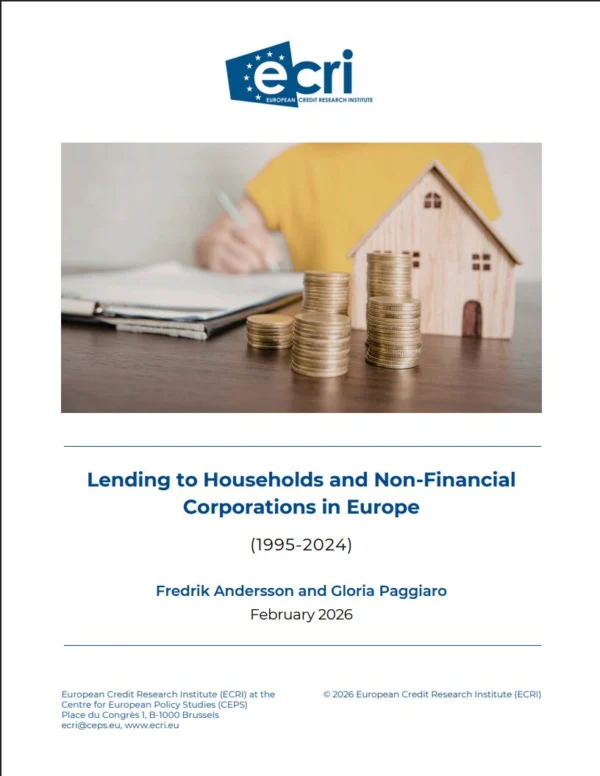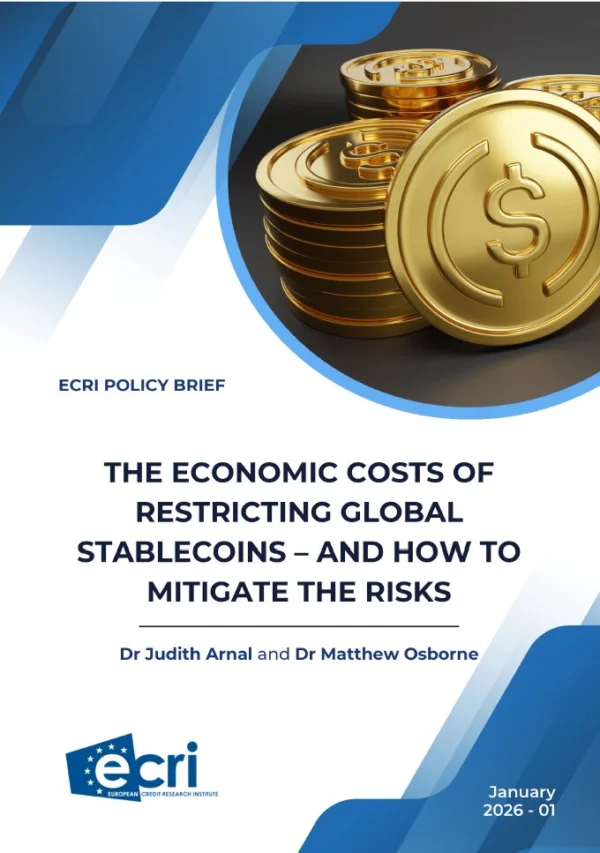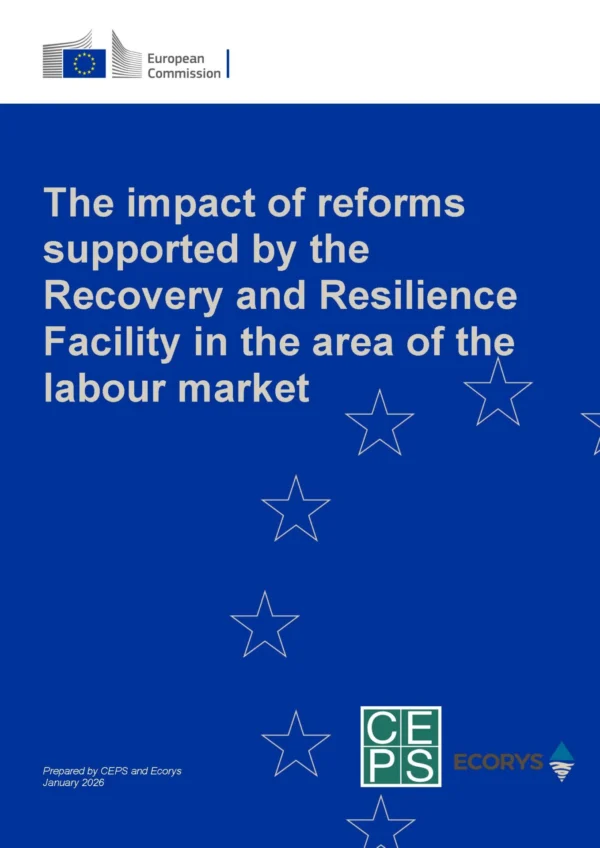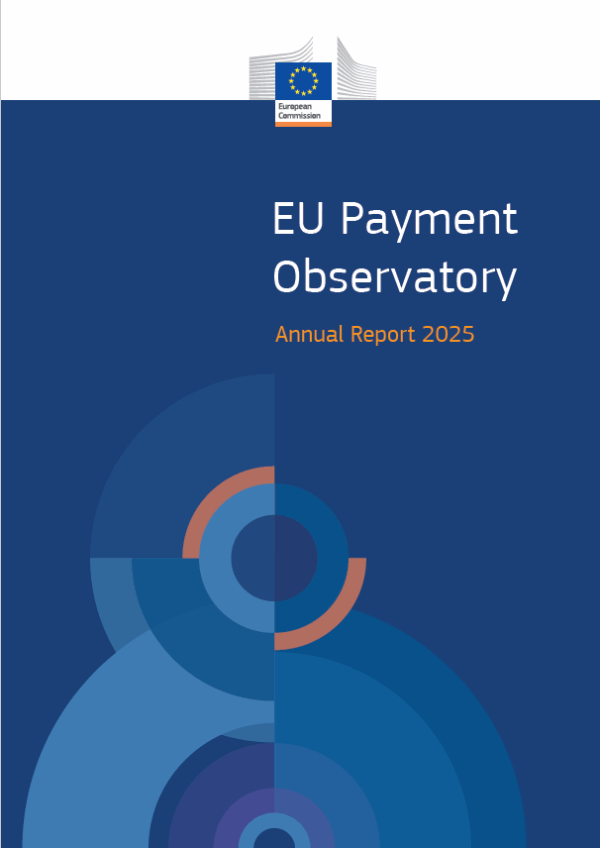The journal Intereconomics, published bi-monthly by CEPS and the Leibniz Information Centre for Economics (ZBW), features articles dealing with economic and social policy issues affecting Europe. Each issue contains a Forum section offering an in-depth exploration of a selected topic. All contributions to the Forum section in each issue, as well as the Editorial, are available for free downloading from the CEPS website at the links below (for full content, see www.intereconomics.eu).The July-August 2015 issue is devoted to the challenges of the European power market.
Abstarct: The European power market is undergoing significant changes. The EU has set an ambitious goal of reducing its greenhouse gas emissions by 40 per cent by 2030. This will require significant investment in renewable energy sources such as wind and photovoltaics as well as measured policies to deal with the fluctuating capacity offered by these renewables. The integration of national power systems into a single European system would provide huge benefits in smoothing such fluctuations, enabling the EU power market to further increase its reliance on renewables. Current power generators and government regulators will inevitably face challenges adapting to the new market environment, but experience from other countries and regions could provide useful guidance.
Authors: Sebastian Dullien, Fabio Genoese, Christian Egenhofer, Michael Hogan, Christian Redl, Markus Steigenberger, Patrick Graichen, Graham Weale and Mark Weisbrot
Editorial: How to Turn the Greek Deal into a Success
By Sebastian Dullien
Forum: The Future of the European Power Market
By Fabio Genoese, Christian Egenhofer, Michael Hogan, Christian Redl, Markus Steigenberger, Patrick Graichen and Graham Weale.
Letter from America: Despite Pressure from Washington, Greek Bailout Increases Grexit Odds
By Mark Weisbrot
It is now clear that the European authorities do not intend to let the Greek economy recover any time in the foreseeable future. The primary surpluses that the government has been forced to agree to – 2, 3 and 3.5 percent of GDP for the three years of the deal, 2016 through 2018 – will not allow Greece to escape its depression, which is now in its sixth year. Even if they miss these targets, which is likely, just trying to do what they have committed to will keep the economy from recovering.












